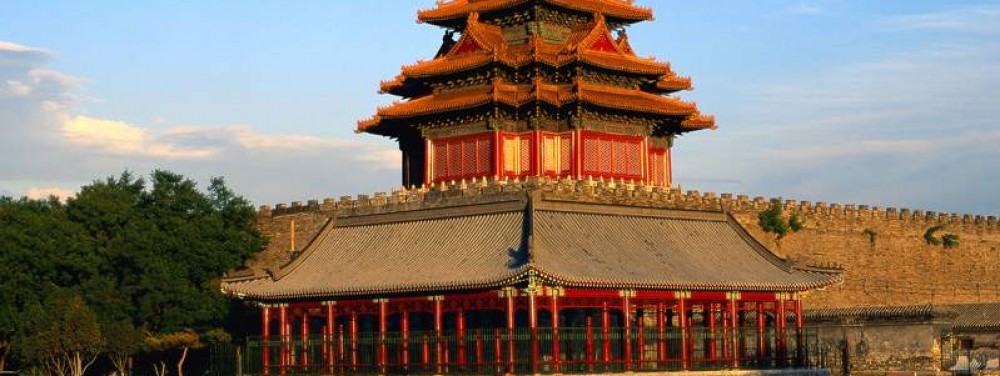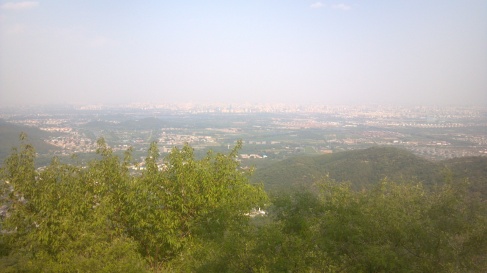1. Ethical Issues in My Profession:
China is still, by many standards, considered a developing country, and as such, many of the ethical laws we must abide by as a business in the United States are less important and less widely even considered issues. There is no true minimum wage, benefits are not always mandatory, and as many people know, the working conditions can be the worst of the worst- although this is profitable for the company, it is not, in my opinion, healthy for the long-term well-being of China. People come in many different shapes and sizes and from many walks of life, and many have different abilities, but once they realize that they could be treated better than they are, I believe there is going to be an issue.
Does this affect life in the United States? I do not believe so. I think that our laws and regulations, as numerous as they may be, make for a generally healthy workforce. The issues that have caused the low standards in China stem from both the current population problem and the possibility that many people are money-hungry. Thankfully, although these issues are both prevalent in the United States, they are not drastic enough to have an effect on everyday life.
2. Educational Breadth as Professional Development:
For a long time, I considered taking up Chinese studies as a minor. Now, I realize just how smart that may actually be. Seeing first-hand the numerous cultural differences has forced me to think about how drastically people across the world can differ. To be successful in the long run, we need to be prepared for anything and everything- we absolutely cannot be perceived as rude or unintelligent, because that ruins the final prospective for business.
We live in a world more globalized than it has ever been. We can contact someone in another country in a matter of seconds, ship things in only a few hours, and be anywhere in the world in less than a day. To not understand other cultures puts one at a strong disadvantage. The future courses I should take to in preparation for a global economy will have to be culture courses in the biggest economies- China, The European Union, the Arab League, Germany, etc. In learning of these cultures, I can ready myself (to an extent) for almost any situation in global business. I do realize that this might mean spreading myself very thin, and so much of what I need to learn can be done through things such as summer classes and independent study.
3. Lifelong Learning, Continuing Education as Professional Development:
Technology never stops changing. The trip to Lenovo showed that- their first computer and their newest were lightyears different. In order to always be ahead of the game, we have to be willing to adapt to (and utilize) all new technologies that become available. They are created for a reason- to make what we do easier and to make us better at our tasks.
When our grandparents were our age, seeing someone across the world in real-time was unthinkable. In the past 60 years, however, things have changed- we can now communicate to anyone, anywhere, at almost any time. If we did not keep up with current technologies, the majority of us would still be writing letters to talk to far-off friends and relatives (which might not be such a bad thing).
I have always believed that business is 70% people skills and 30% knowing what to do with said skills. If we cannot learn for our entire lives, then it is next to impossible for us to deal with the different people we encounter on a day-to-day basis. Our tour guides could have gone to school for any number of things, and yet they had to learn about their companies in order to tell us about them.
4. The Social Environment of Professional Life:
Business is, to some extent, less of what you know and more of who you know. Networking and making connections leads to jobs, which lead to higher-level jobs, which eventually lead to success (or, at least, so we’re told). Media in China was highly filtered, and even at that, most of what we could see on CNN was information about the rest of the world (the Greek elections, for instance).
In any country, one must know what is going on in the world to make business decisions. If the Euro is heading toward a crash, for instance, investing in it might not be a great idea.
Chinese students that I spoke too had a working knowledge of the United States, but not about many current events or social and political issues. They knew the president, his stance on many foreign things, and a little about many of the more famous figures in the United States, but after that, it seemed almost unimportant because it did not directly affect them.
I think that it is important to have a wide view of the world’s issues, because if we do, we can understand better than others what we should and need to do in order to make money (and to keep the money we have previously made safe).
5. Functioning on Multi-Disciplinary Teams:
Everyone has their talents and their downfalls, and we all use those to choose what we hope to do for the rest of our lives. Luckily, when you get enough people together, our talents tend to cancel out the downfalls, and it creates a team that is more apt to conquering a task than an individual would be on their own.
Travelling with Engineering students, I was exposed to a lot of practicality that I do not think I could have seen had I have traveled with any other group of people. Business is based in a lot of common sense and people skills, and although engineers also have those, they look at things more as a whole whereas I believe we see things as a sum of parts- we know how to use the final product (such as a “Tree of Life” air filter), but they know how to build it.
In presenting, the business students tended to have the most outlandish and creative ideas. The engineers were the people who could bring us back down to earth to make our ideas actually work. Without both groups of people, I do not believe that our presentations, ideas, or the trip as a whole would have been anywhere close to as thought-provoking and life-changing as it actually ended up being.

